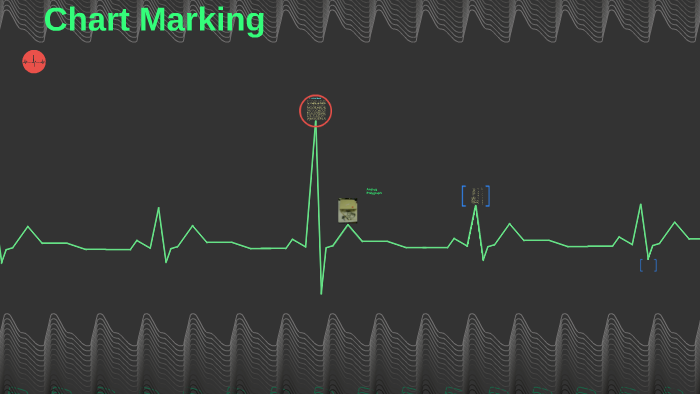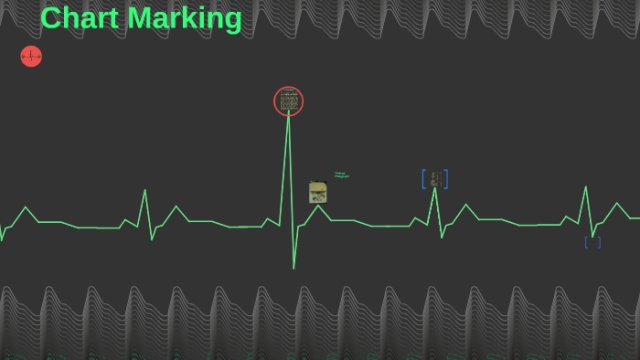
In a world where the truth can often be obscured by deception and manipulation, the use of lie detector tests has become a valuable tool in uncovering hidden realities. Also known as polygraphs, these tests have the ability to delve into the complexities of human behavior and provide insight into the authenticity of statements made. By measuring physiological responses such as heart rate, blood pressure, and perspiration levels, a lie detector test aims to distinguish between truth and falsehood, shining a light on what lies beneath the surface of words.
The Science Behind Lie Detector Tests
Lie detector tests, also known as polygraph tests, operate on the principle that physiological responses can indicate deception. When a person is subjected to a lie detector test, various physiological indicators are measured, such as heart rate, blood pressure, respiration rate, and skin conductivity. These measurements are used to assess changes that may occur when a person is being deceptive.
The underlying scientific theory behind lie detector tests is based on the idea that when someone is lying, their body experiences stress, triggering physiological changes. These changes can manifest as an increase in heart rate, elevated blood pressure, or altered breathing patterns. By monitoring these physiological responses during questioning, examiners can analyze the likelihood of deception based on the observed patterns.
Although lie detector tests are often used in forensic settings and investigations, their scientific validity and accuracy have been a topic of debate. Critics argue that the results of lie detector tests can be influenced by factors such as anxiety, nervousness, or the subjective interpretation of the examiner. Despite these criticisms, lie detector tests continue to be utilized in some contexts as a tool for assessing truthfulness based on physiological responses.
Accuracy and Misconceptions
When it comes to lie detector tests, one common misconception is that they are foolproof. While lie detector tests can be a valuable tool in detecting deception, they are not always 100% accurate. Factors such as the skill of the examiner, the type of questions asked, and the physiological responses of the individual being tested can all impact the reliability of the results.
Another important point to consider is that lie detector tests measure physiological responses, such as changes in heart rate, blood pressure, and skin conductance, but these indicators are not directly linked to deception. This means that while a lie detector test can indicate when someone is experiencing stress or arousal, it cannot definitively prove whether or not someone is telling the truth. Understanding the limitations of lie detector tests is crucial in interpreting the results accurately.
Despite their limitations, lie detector tests can still provide valuable insights when used in conjunction with other investigative methods. By considering the results of a lie detector test alongside other evidence and information, investigators can gain a more comprehensive understanding of a situation. It is important to approach lie detector test results with a critical eye, recognizing their strengths and weaknesses in order to make informed decisions based on the information available.
Ethical Considerations
When it comes to utilizing lie detector tests, ethical considerations play a crucial role in ensuring fairness and justice. It is important to acknowledge the limitations of polygraph exams and the potential for inaccuracies. Individuals subject to these tests must be treated with respect and their rights to privacy must be upheld.
Additionally, the use of lie detector tests should not be the sole determinant of guilt or innocence in legal or investigative proceedings. While they can provide valuable insights, it is essential to supplement the results with other forms of evidence to avoid unjust outcomes. Transparency and accountability are paramount to maintain the integrity of the testing process.
Furthermore, ensuring that individuals are fully informed about the implications and potential consequences of undergoing a lie detector test is essential. Informed consent is a fundamental ethical principle that must be upheld to safeguard the rights and well-being of those involved. Maintaining ethical standards in the administration and interpretation of these tests is crucial in upholding the principles of fairness and justice.
